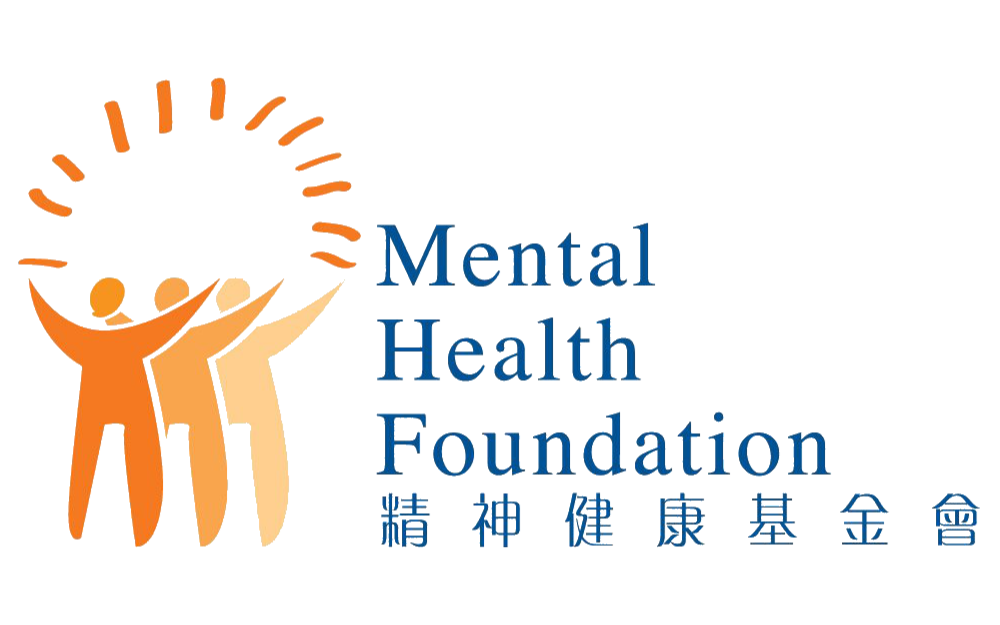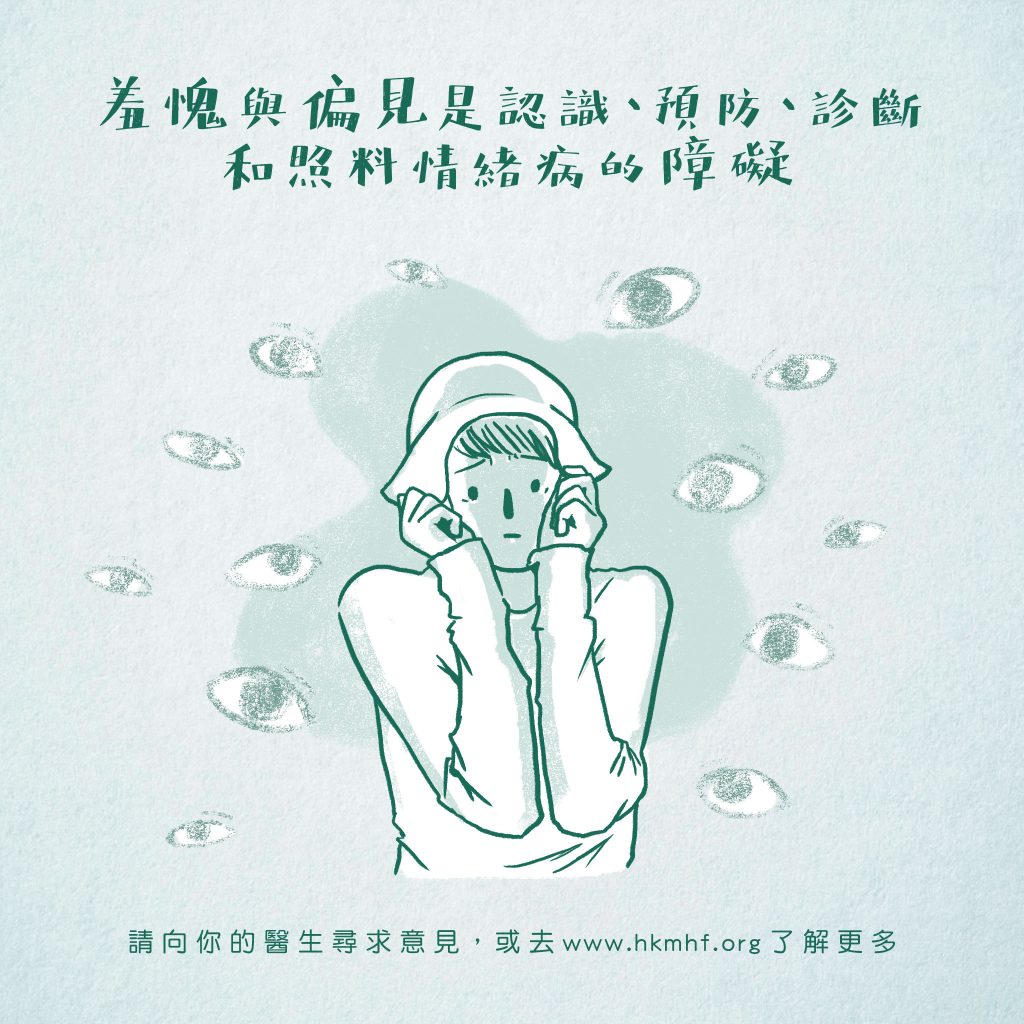We invite professionals such as clinical psychologists and psychiatrists to provide mental knowledge to the public.
Mental Health Education Information
Psychosis
Refers to an abnormal condition of the mind. Symptoms include thought disorder, delusion and hallucination. Patients may not be able to organize and express their thoughts verbally or through written form. Psychosis may occur in people of any age group. However, research has shown that the peak age of onset is generally in 20′s
Depression
Patients with depression have a continuous state of low mood. They lose interest in activities, and have a sense of negativity in their thoughts. Depression will affect patients’ appetite and sleep. Research has shown that people with a family history of depression, an addiction to drugs and alcohol, a perfectionism personality, and under long term stress are at a higher risk of developing depression.
Generalized Anxiety Disorder (GAD)
Patients with Generalized Anxiety Disorder are always in a tense and anxious state. They tend to expect everything in the worst case scenario, and their anxiety is often unreasonable and extreme. This kind of anxiety is different from normal worrying and fear. Patients are mentally and physically exhausted by the intense feeling of anxiety in addition to numerous bodily symptoms
Panic disorder
Patients with panic disorder experience unexpected recurring severe panic attacks. Due to the inability to predict the recurrence of panic attacks, patients are under constant anxiety. This kind of psychological burden may affect their social life and work
Bipolar disorders
Bipolar disorder is a brain disorder that causes extreme swings in mood. Patients’ mood may alter rapidly between extremes, which is qualitatively different from normal emotional changes. One in a hundred people is diagnosed with bipolar disorder. Am early onset is common with bipolar disorder and the proportion of male and female patient is similar





